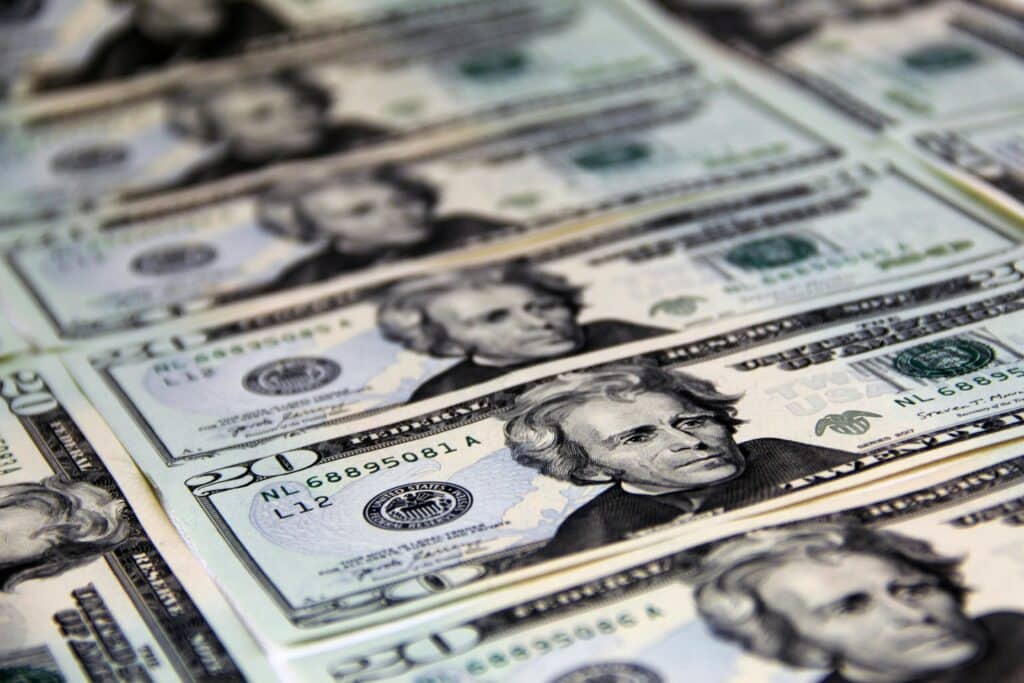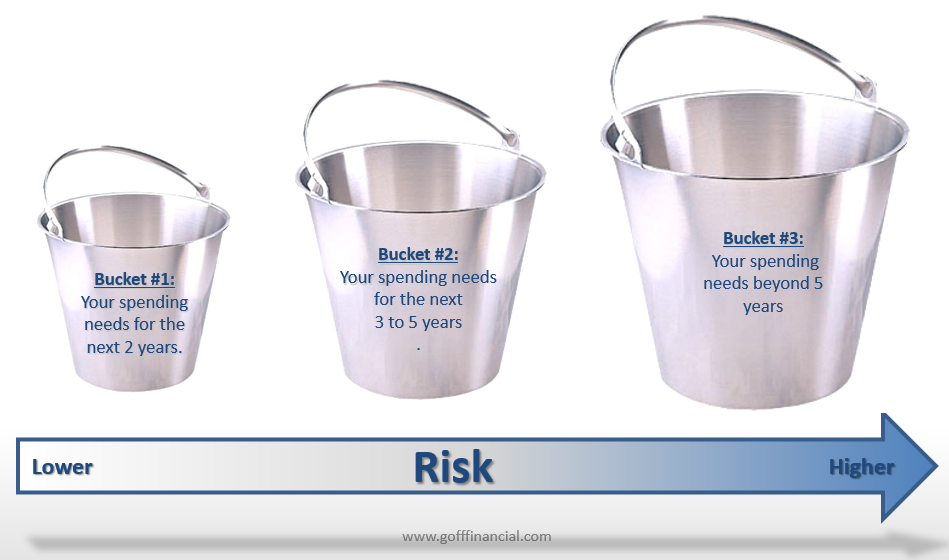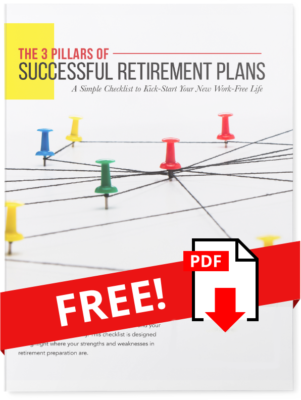
Do you keep a spare tire in your car? You hope you will never have to use it, but it is good to know it is there in case you have an emergency with a flat tire. The same can be said of a cash reserve in retirement – you would rather not dip into it, but it is good to have in case of the unexpected.
Cash Reserve in Retirement
Entering retirement, many individuals possess a) investments that have potentially benefited from years of growth and compounding, b) a manageable debt position, and c) a cash reserve for emergencies. Determining the appropriate size of this cash reserve can be challenging as it needs to cover unforeseen expenses while not being excessively large, subjecting it to inflationary erosion. However, the answer varies for each retiree.
As retirement approaches, investors should consider reducing certain investment-related risks. Maintaining a cash reserve can help you address the following:
• The Unexpected: Emergencies such as health crises or home repairs can arise, disrupting monthly cash flow. Having a cash reserve can provide financial relief during such times.
• Market Volatility: Maintaining adequate cash reserves may help individuals maintain a long-term perspective during market downturns. This liquidity can enable investors to capitalize on investment opportunities while weathering market fluctuations.
• Sequence of Returns Risk: Early negative returns in retirement can significantly impact the longevity of retirement savings. A cash reserve can mitigate this risk by providing a buffer against market fluctuations.
Using The Bucket Approach

The bucket approach is a financial strategy that can aid in building a cash reserve. Typically, the first bucket holds several years’ worth of cash reserves, while subsequent buckets contain longer-duration fixed-income investments and equity positions for growth potential. Determining the appropriate allocation to cash reserves is a personalized decision that may benefit from consultation with a financial professional.
https://www.kiplinger.com/article/retirement/t047-c032-s014-how-much-cash-should-retirees-hold.html
About The Goff Financial Group: As a fully independent Registered Investment Advisor, the Goff Financial Group is not owned or controlled by any bank, brokerage firm, mutual fund company or any other company. The company does not receive any fees or commissions from any financial products and works solely for its clients on a fee-only basis. Disclaimer: This material was prepared using third party resources, and does not necessarily represent the current views of The Goff Financial Group which are subject to change without notice. This information has been derived from sources believed to be accurate. Please note – investing involves risk, and past performance is no guarantee of future results. The publisher is not engaged in rendering tax or legal advice. If assistance is needed, the reader is advised to engage the services of a competent professional. This information should not be construed as financial, investment, tax or legal advice and may not be relied on for the purpose of avoiding any Federal tax penalty. This document is neither a solicitation nor recommendation to purchase or sell any investment or insurance product or service, and should not be relied upon as such. All indices are unmanaged and are not illustrative of any particular investment.

